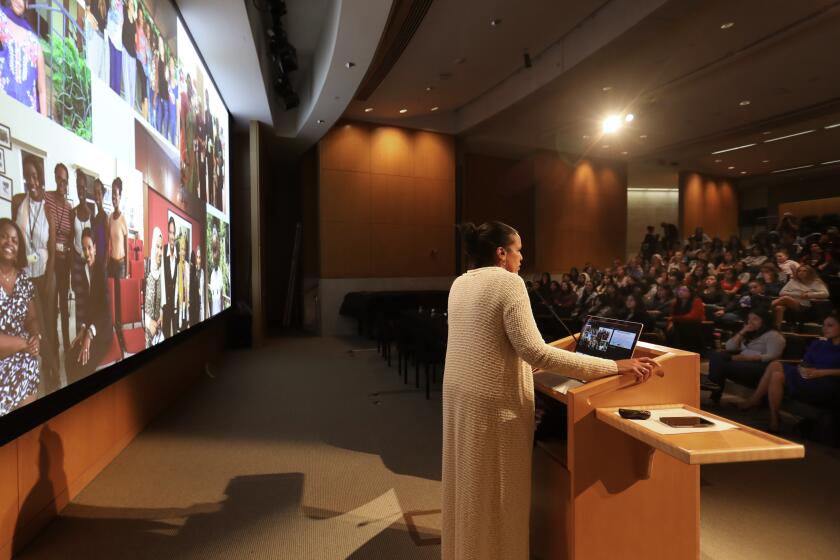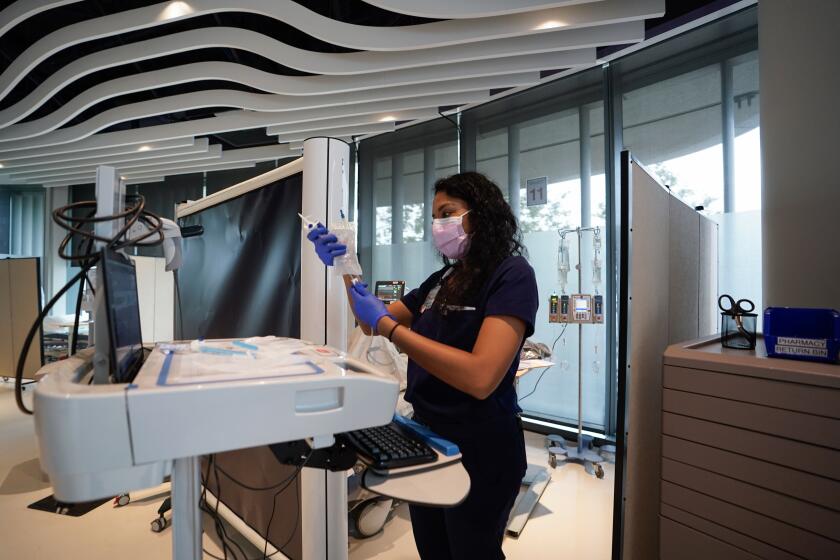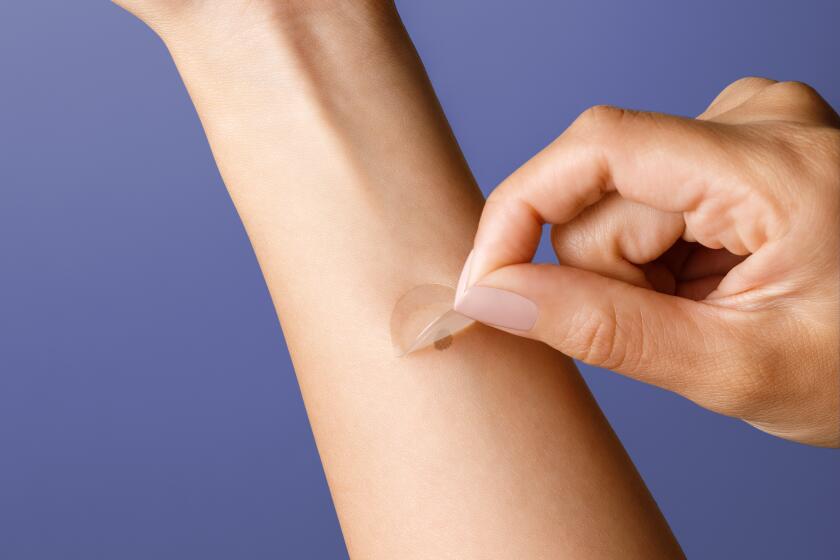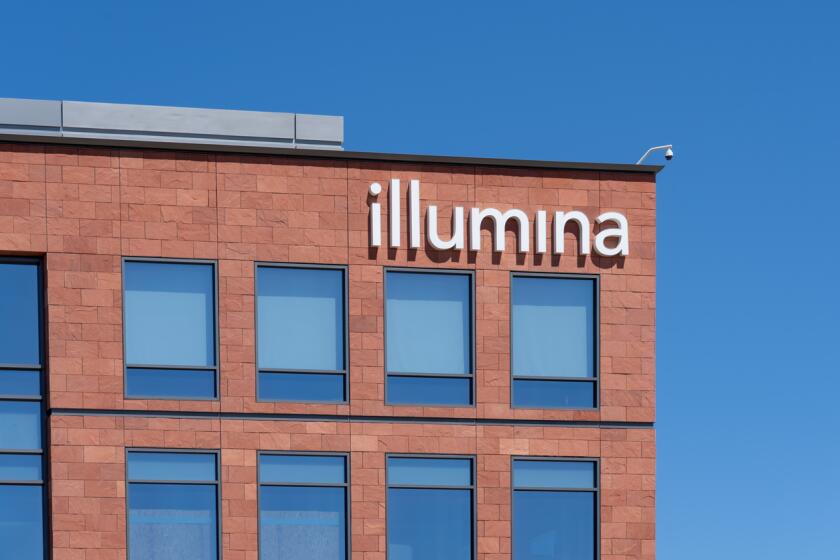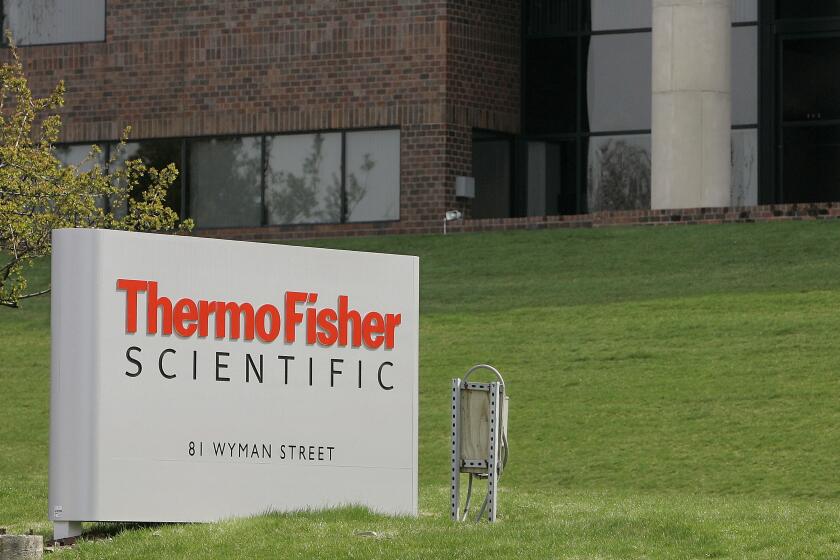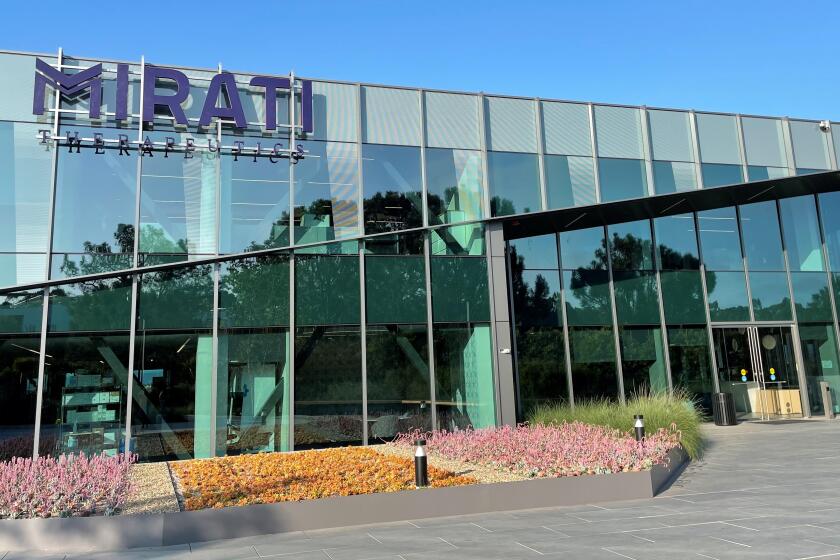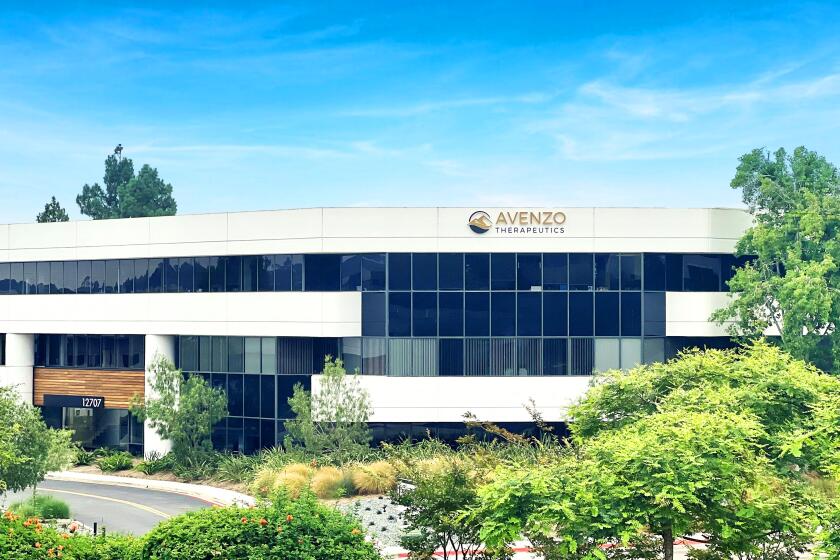Artificial embryos draw closer with Salk Institute work in mice
New San Diego biotech raises $28 million to locate protein targets
Salk Institute scientists report they’ve come the closest yet to making artificial embryos, in mice.
The structures generate all three of the main cell types in the early embryo and even implant into the uterus, the study said. But the tissues they produce are disorganized, unlike a true embryo.
This work represents progress toward understanding how mammalian embryos develop at the earliest stages, said Juan Carlos Izpisúa Belmonte of the Salk. Knowledge of proper development will help scientists understand what goes wrong in abnormal development in humans, and how to fix it.
The study was published Thursday in the journal Cell. Go to http://j.mp/epsembryos for the complete study.
Researchers led by Izpisúa Belmonte and Jun Wu of University of Texas Southwestern Medical Center say they made these embryo-like structures from adult mouse cells.
Mice were chosen for this work because more is known about their early development than early human development, said Izpisúa Belmonte and Wu, who used to be a member of his lab.
These structures were produced by reverting the cells into stem cells that can make all the structures in a body, including placental tissues. These are called “extended pluripotent stem cells,” and their invention was first reported by Salk scientists in 2017.
Most stem cells can’t make the placenta, so they aren’t capable of creating a viable embryo. This is a limitation of embryonic stem cells and their act-alike invention, induced pluripotent stem cells.
But these extended pluripotent stem cells were able to form a structure similar to the blastocyst stage of an embryo, which the scientists called blastoids. These blastoids developed tissues including what appeared to be early placental tissue.
Study funders included the Larry L. Hillblom Foundation; the Paul F. Glenn Foundation; the National Key R&D Program of China; and the G. Harold and Leila Y. Mathers Charitable Foundation.
Biotech startup raises $28 million
Plexium, a new San Diego biotech company, announced Thursday it has raised $28 million in venture capital financing.
The startup is developing therapies to treat cancer and neurodegenerative diseases. It bases those therapies on technology to control enzymes called E3 ligases. The goal is to create small molecule drugs to target proteins involved in these diseases.
The technology is derived from screening millions of small molecules at the same time for their effect on proteins and the RNA associated with those proteins. Molecules that meet the desired criteria are selected for further work as drug candidates.
Plexium’s financing was led by DCVC Bio and The Column Group; along with M Ventures, CRV, and Neotribe Ventures.
Get U-T Business in your inbox on Mondays
Get ready for your week with the week’s top business stories from San Diego and California, in your inbox Monday mornings.
You may occasionally receive promotional content from the San Diego Union-Tribune.


